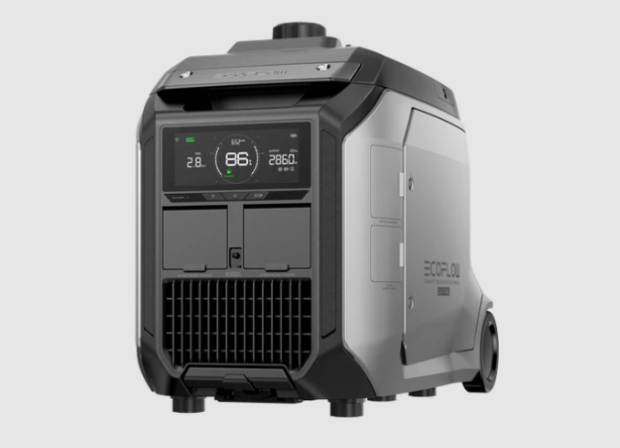
In today’s world, where power reliability is crucial, a dual fuel electric generator provides a versatile and efficient solution. By operating on two different fuel types, these generators offer flexibility, cost savings, and improved performance. This article explores the workings, advantages, and key considerations of dual fuel electric generators.
Understanding Dual Fuel Electric Generators
A dual fuel electric generator is designed to run on two distinct fuel types, most commonly gasoline and propane. Some models also support natural gas and diesel. This dual capability allows users to switch between fuels based on availability, cost, or specific needs. Unlike bi-fuel generators, which cannot operate on both fuels simultaneously, dual fuel generators can run on either fuel independently, giving users the flexibility to adapt to changing circumstances.
Dual fuel generators are ideal for both residential and commercial applications because they provide reliable power in situations where fuel options might be limited or expensive. Their ability to run on multiple fuels ensures that users are less likely to be left without power during emergencies, outages, or in remote locations.
How Dual Fuel Electric Generators Operate
The operation of a dual fuel electric generator involves a fuel selector switch that allows users to choose between the available fuel sources. Some advanced models feature automatic switching, which detects when one fuel source is depleted and transitions seamlessly to the other. This ensures uninterrupted power supply, making dual fuel generators particularly suitable for emergency backup, construction sites, outdoor events, and other situations where consistent power is essential.
Internally, the generator’s engine is designed to handle the combustion characteristics of both fuels. Gasoline provides high energy density, offering a strong power output, while propane burns cleaner and may extend engine life due to reduced carbon buildup. Users can select the fuel type depending on their priorities, such as performance, fuel cost, or environmental impact.
Advantages of Dual Fuel Electric Generators
Fuel Flexibility
One of the most significant advantages of a dual fuel electric generator is its ability to operate on more than one type of fuel. This flexibility ensures that users can adapt to fuel shortages or price fluctuations. For example, during emergencies when gasoline might be scarce, propane can serve as a reliable alternative, maintaining continuous power supply.
Extended Runtime
Dual fuel generators can achieve longer runtimes compared to single-fuel generators. Propane burns more efficiently and produces less residue than gasoline, which can prolong the generator’s operational life and reduce the frequency of maintenance. Users can alternate fuels to maximize runtime, which is particularly valuable during extended power outages.
Cost Efficiency
Fuel prices fluctuate based on demand, location, and market conditions. A dual fuel electric generator allows users to take advantage of lower fuel costs when one type is more economical than the other. Over time, this flexibility can lead to significant savings, especially for users who rely on generators for daily or long-term power needs.
Environmental Benefits
Propane, one of the common fuels used in dual fuel generators, burns cleaner than gasoline and diesel. It produces fewer emissions, contributing to a more environmentally friendly power generation solution. Users concerned with sustainability or operating in areas with stricter emission standards may find dual fuel generators particularly appealing.
Considerations When Choosing a Dual Fuel Electric Generator
While dual fuel generators offer many benefits, there are important factors to consider before making a purchase:
- Power Requirements: Identify the total wattage needed to power your essential appliances and equipment. Dual fuel generators are available in various capacities, and selecting the right size ensures reliable performance.
- Portability: For those who plan to move the generator between locations, weight and portability features such as wheels and handles are important considerations.
- Fuel Availability: Ensure that both fuel types are accessible in your area to fully benefit from the generator’s dual capabilities.
- Maintenance: Proper and regular maintenance is essential to keep the generator running efficiently. Follow the manufacturer’s recommended service schedule to avoid operational issues.
Conclusion
A dual fuel electric generator offers unmatched flexibility, extended runtime, and cost efficiency, making it a practical choice for both homes and businesses. Whether you are preparing for emergencies, powering outdoor activities, or seeking a reliable backup source, a dual fuel generator provides peace of mind and consistent performance. For users who require a portable and quiet power solution, especially in recreational vehicles, an inverter for RV applications can complement a dual fuel generator. Inverters convert DC power from the RV battery into AC power, supplying stable electricity for sensitive electronics and appliances. When selecting an inverter, consider factors like wattage, efficiency, and compatibility with your RV system to ensure optimal performance.